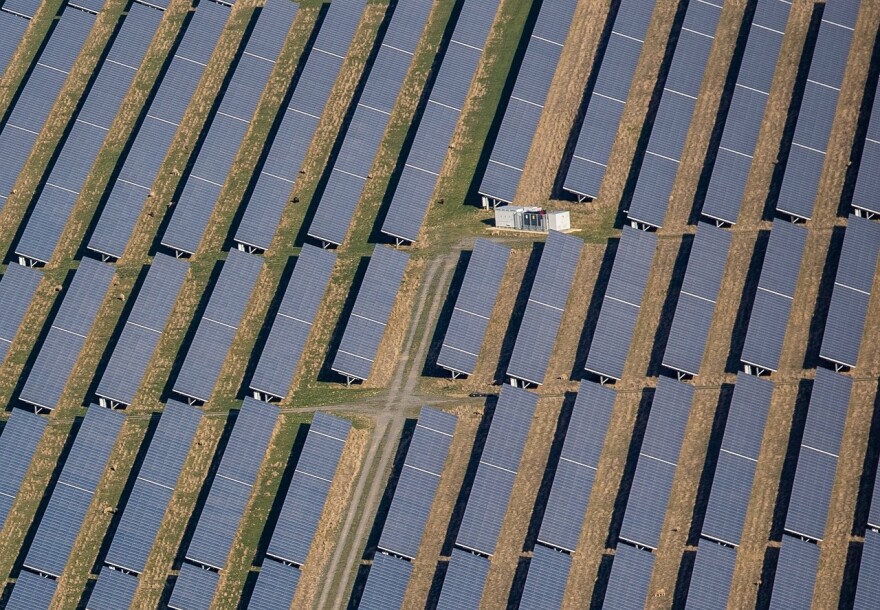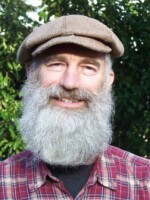Most of the electrical generating capacity added in the U.S. last year was renewable. But in 2023 we still added almost the same amount of fossil fuel generated power as we have in years past. How could this be? Quantity. The total new generating capacity added has continued to climb as we use more power - for electric cars, cloud computing and storage, and increasingly - even in Oregon - air conditioning. But this year we have really turned a corner - 96% renewable - 99.6 percent in August - the last month we have good data for.
And this shift is not being pushed as much by subsidies as by simple economics. Solar and wind projects made up 80% of the new power sources this year - with storage batteries adding another 15% to the mix. Renewables have become the go to for utility scale projects, and some of the old gas fired plants have become peak load generators - only used when demand is very high - and increasingly storage batteries are being used to fill in gaps caused by high demand.
If you're worried politics might derail the solar train, it's not likely to happen. Solar agriculture is increasingly common. Food production and energy production can take place on the same land - at the same time. And again, economics are the driving force. Renewables have come way down in price, and fossil fuel generated power is getting more expensive.
Grazing under and between solar panels is often more productive - especially in areas where too much sun, and a warming climate dries out forage before it gets consumed. Farmers get paid for their crops, and the use of the land to generate electricity. And when you flick on the lights, you're having less and less impact on the climate.
I'm John Fischer with Living Less Unsustainably




